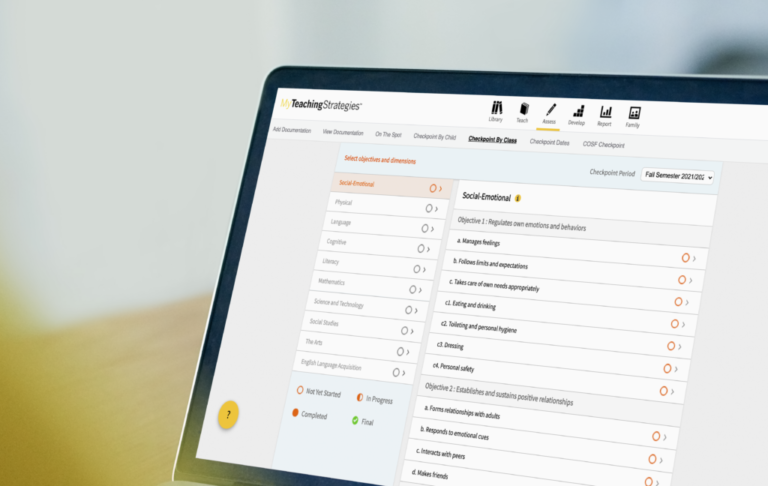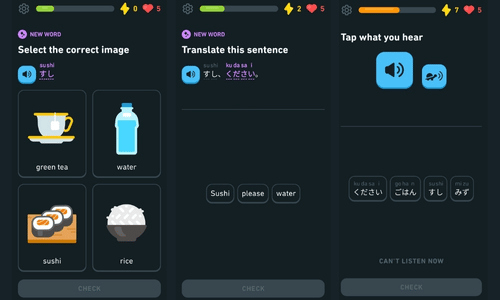Online education has become increasingly popular in recent years, offering students the opportunity to learn in a virtual environment. While there are many benefits to online education, such as flexibility and accessibility, there are also some challenges to consider. Here’s a closer look at the benefits and challenges of learning in a virtual environment.
Benefits of Online Education
Flexibility
One of the biggest benefits of online education is flexibility. Students can learn from anywhere with an internet connection, whether that’s at home, at work, or while traveling. This allows students to balance their education with other commitments, such as work or family.
Accessibility
Online education also offers accessibility to students who may not be able to attend traditional in-person classes. Students with disabilities, those living in remote areas, or those with scheduling conflicts can all benefit from the accessibility of online education.
Personalized Learning
Online education allows for personalized learning experiences. Students can work at their own pace and review material as needed, rather than being constrained by a set schedule. This type of personalized learning can help students better understand and retain material.
Lower Cost
Online education can be more affordable than traditional in-person classes. Students can save money on transportation, textbooks, and other materials, and may also have access to lower tuition rates for online courses.
Challenges of Online Education
Lack of Interaction
One of the biggest challenges of online education is the lack of interaction between students and instructors. Without face-to-face interaction, it can be difficult to build relationships, ask questions, and receive feedback in real-time.
Technology Issues
Online education requires reliable technology, including a computer, internet connection, and software. Technical issues can disrupt learning and create frustration for students who may not be familiar with troubleshooting technology problems.
Self-Motivation
Online education requires self-motivation and discipline. Without the structure of in-person classes, students must be able to stay on track and manage their time effectively. This can be challenging for some students who may need more structure and guidance.
Limited Hands-On Learning
Some subjects, such as science or art, require hands-on learning experiences that may be difficult to replicate in an online environment. While online courses may offer simulations or virtual labs, they may not provide the same level of hands-on learning as in-person classes.
Tips for Successful Online Learning
Set a Schedule
Creating a schedule can help students stay organized and on track. Set aside specific times for studying and completing assignments, and stick to the schedule as much as possible.
Stay Engaged
Engagement is key to successful online learning. Participate in online discussions, ask questions, and seek out additional resources when needed. Take advantage of any opportunities for virtual office hours or one-on-one meetings with instructors.
Find a Support System
Having a support system can help students stay motivated and on track. Connect with other online students through discussion forums or social media groups, and reach out to instructors or academic advisors for guidance and support.
Take Breaks
Taking breaks is important for mental and physical health. Step away from the computer and engage in physical activity or relaxation techniques to reduce stress and maintain focus.
Conclusion
In conclusion, online education offers many benefits, including flexibility, accessibility, personalized learning, and lower cost. However, it also presents challenges such as lack of interaction, technology issues, self-motivation, and limited hands-on learning. By following these tips for successful online learning, students can overcome these challenges and make the most of their virtual education experience.









